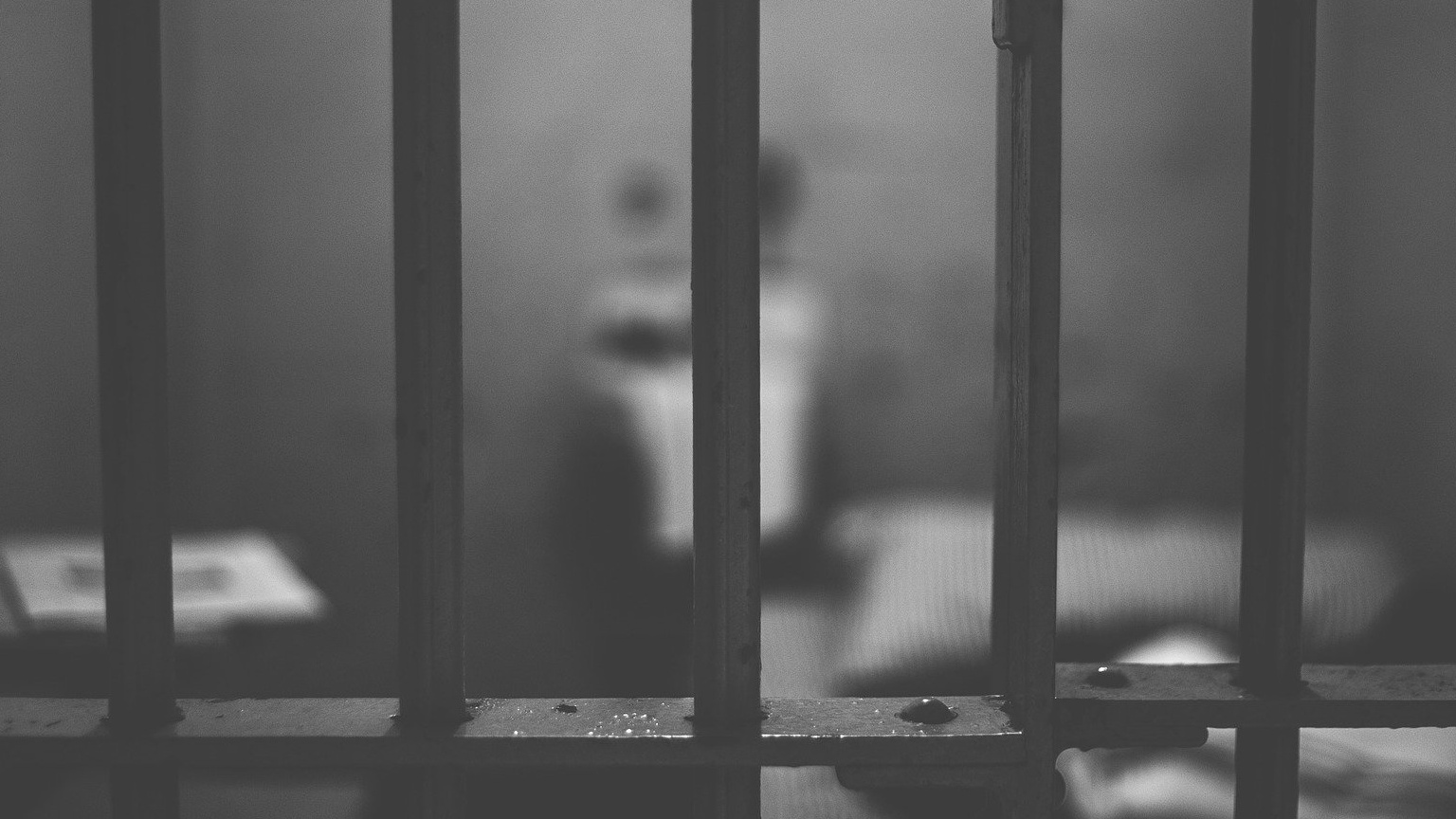More than 100 people on death row in North Carolina have been given a second chance to have their sentences reduced to life without parole thanks to a ruling from the state's Supreme Court on Friday, according to the Associated Press.
Although the state's Racial Justice Act was repealed by Republicans in the state in 2013, North Carolina's Supreme Court ruled that people who had filed a claim but never got a hearing deserved a fair a shot.
The law, originally passed in 2009, was designed to allow people on death row to petition to have their sentence lowered to life without parole if they could prove racism contributed to them being sentenced to death. Right now, North Carolina has 143 prisoners on death row, with the vast majority of them being Black.
“Here the right is to challenge a sentence of death on the grounds that it was obtained in a proceeding tainted by racial discrimination. Repealing the (Racial Justice Act) took away that right, and the repeal cannot be applied retroactively consistent with this state’s constitutional prohibition on ex post facto laws,” Associate Justice Anita Earls wrote in her opinion, according to the AP.
More than 100 people filed claims but never got to have their cases heard before the law was repealed, and the state's highest court said this was unconstitutional on Friday. Cassandra Stubbs, director of the ACLU’s Capital Punishment Project, spoke to Time about the court's decision.
“This is just an incredibly poignant time for the court to announce this ruling. The death penalty, as we all know, is affected by racial bias. … [This ruling] ensures we will be able to continue our journey as North Carolinians to really confront the legacy of race in capital trials,” Stubbs said.
The head of North Carolina's Republican Party was forced to apologize after sending out a statewide mailer that said Democrats wanted people on death row to move in next door.
North Carolina has a long history of racial bias in its court system, and it's lawmakers have consistently fought efforts to remedy it. A Michigan State University study found that while other southern states acknowledged racial bias in jury selection, North Carolina was one of the few that refused. Democrats in the state passed the law because there was widespread misconduct on the basis of race by the state's prosecutors.
People currently on death row in North Carolina have extraordinary stories about the racial bias they faced in the state's courts. One Black man, Andrew Ramseur, told Time the seating in the courtroom behind him was blocked with caution tape to make him look alone and more dangerous. Time reported that district attorneys wrote racist messages about Black jurors before rejecting them.
When the law was repealed, courts made efforts to remove RJA verdicts from the record and revert some people back to the death penalty, and rulings in 2015 and 2017 sent four people back to death row.
According to Time, Tilmon Golphin, Marcus Robinson, Christina Walters and Quintel Augustine all had their sentences changed to life without parole after appealing their death sentences under the act. But in 2017, another judge decided that because the act had been repealed, their sentences should go back to the death penalty.
While this ruling does not take them off death row, it gives them, as well as others on death row, the chance to argue in court about the racial bias in their cases.
The Racial Justice Act was one of the most important pieces of legislation that the #NCGA ever enacted, and its repeal was a stain on our history. The NC Supreme Court took an important step today in recognizing the rule of law and dignity of human life. https://t.co/MaR4AxiriP
— Allison Riggs (@AllisonJRiggs) June 5, 2020
In the lawsuit filed by Ramseur seeking to repeal his death sentence, his lawyer wrote that "the crime scene tape and the cordoning off of the rows of seats behind the defense table resulted in a segregated courtroom in which the black members of Mr. Ramseur’s family, including his elderly grandparents, were 'forced to sit in the proverbial "back of the bus"' while the white members of the victims’ families were able to sit in the front of the courtroom behind the prosecution table."
"During jury selection, the State peremptorily struck all qualified African American jurors who were questioned. … Ultimately, all fifteen jurors selected to hear the case – twelve regular jurors and three alternates – were white," Ramseur's lawyer added.
The AP reported that Ramseur was called a “big black bull," by prosecutors.
Chief Justice Cheri Beasley, the first Black woman to serve in that role of the North Carolina Supreme Court, spoke about racial injustice during a speech last week. She addressed the widespread protests against police brutality and George Floyd's killing and touched on how the state needs to respond.
"These protests are a resounding, national chorus of voices whose lived experiences reinforce the notion that Black people are ostracized, cast out and dehumanized. Communities are crying out for justice and demanding real, meaningful change," she said.
"It is shocking to see our workplaces, businesses and community spaces damaged, but we must recognize the legitimate pain and weight of years of disparate treatment that fuels these demonstrations. We must be willing to hear that message, even when we are saddened by the way it is delivered. We must decry the failures of justice and equity, just as forcefully as we decry violence. It is not enough to say to protesters, go home and follow the rules," Beasley added.
